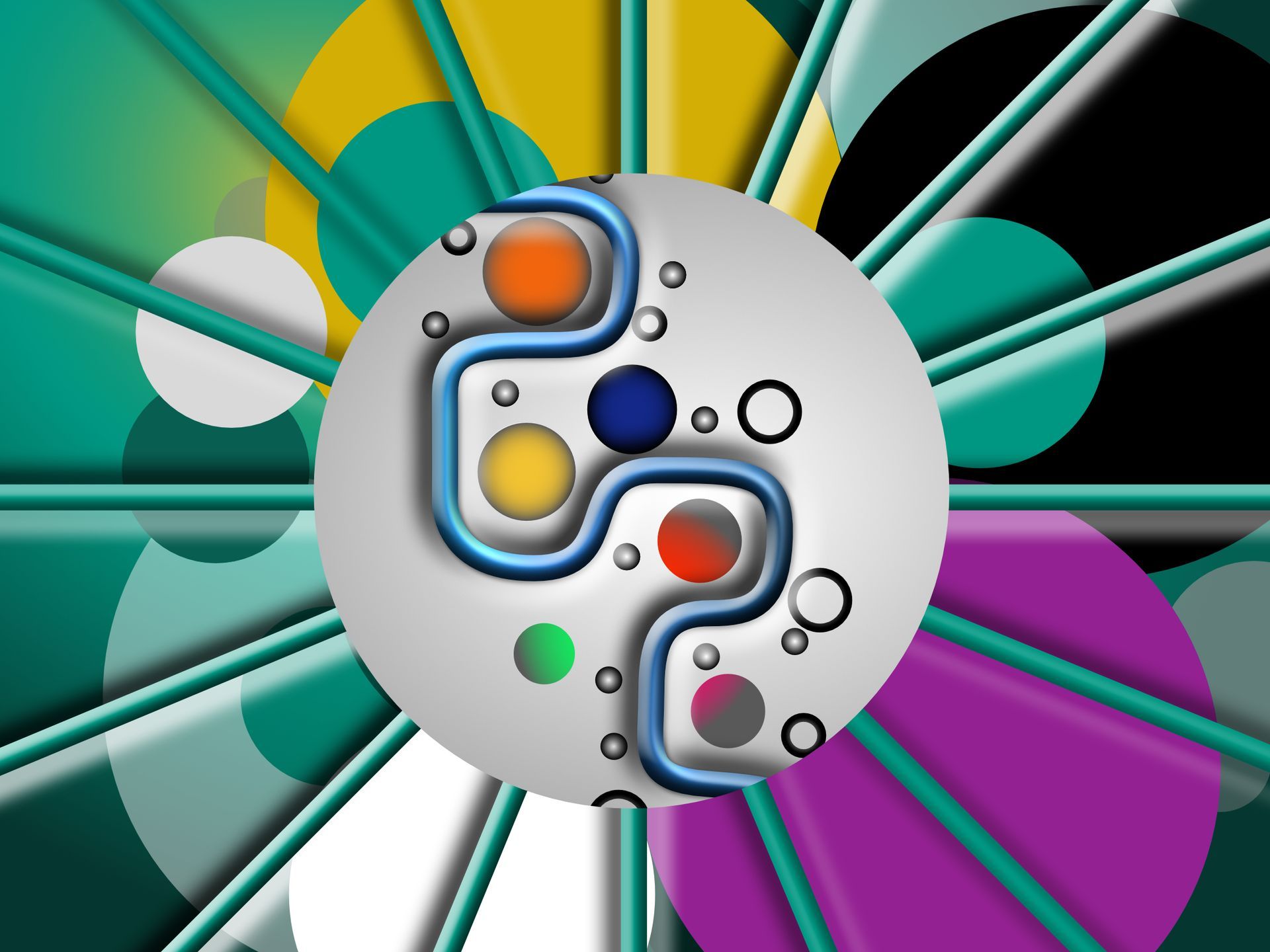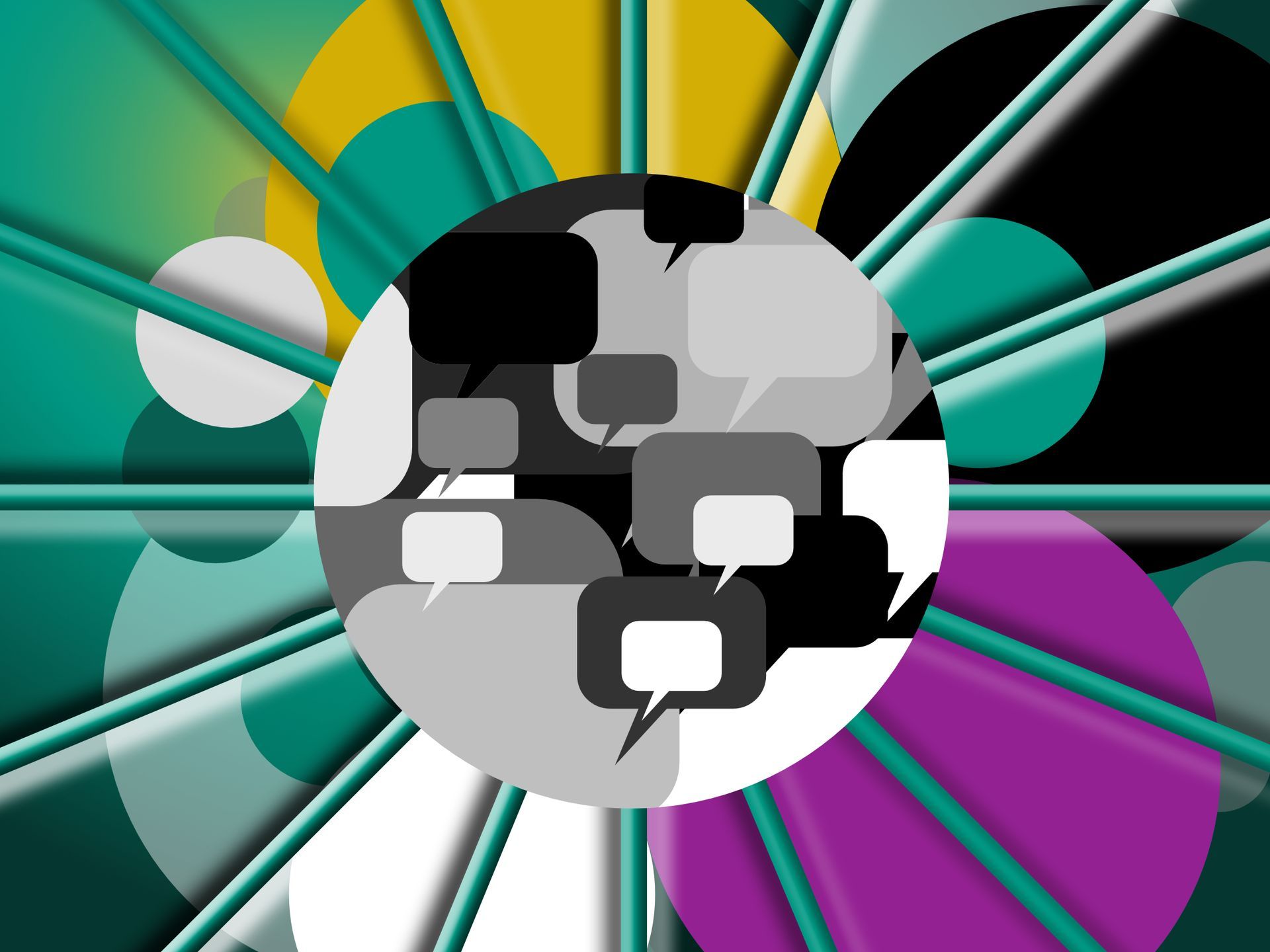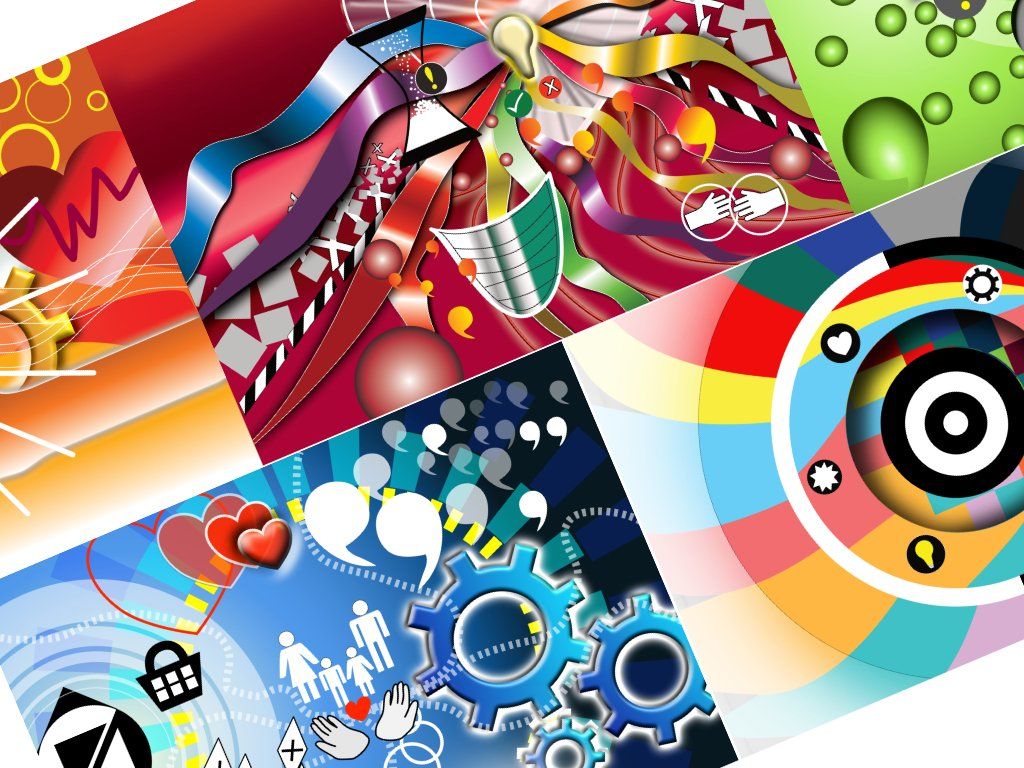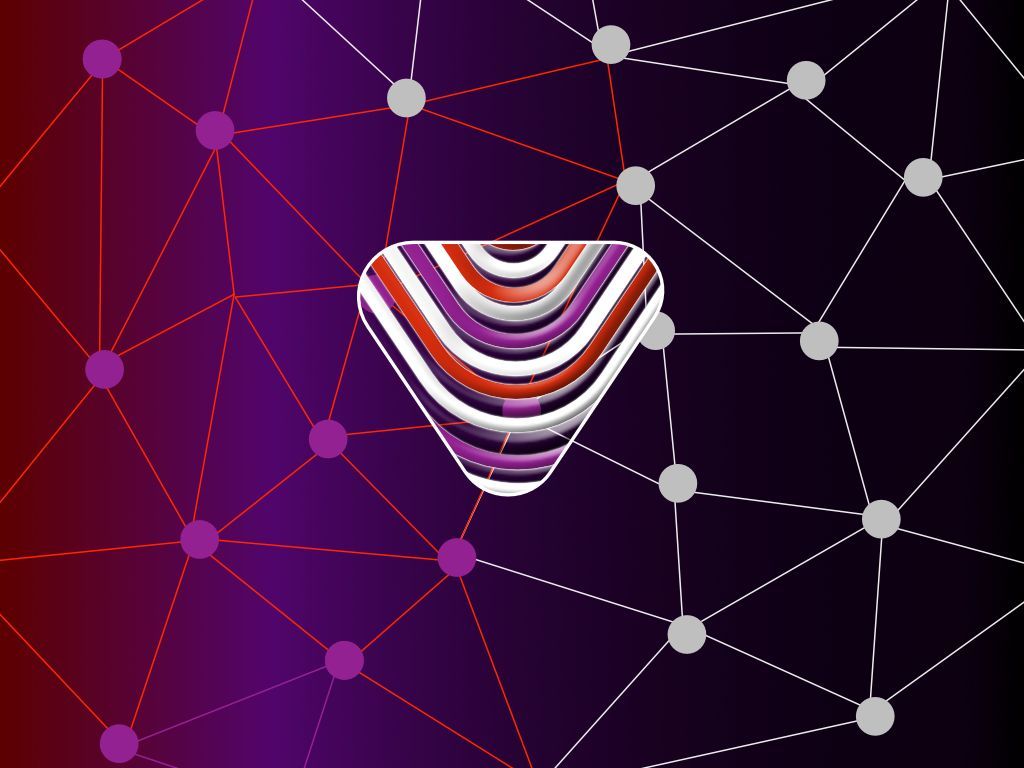Home >
Valuing Hidden Differences >
Elements > Not tight boxed
Valuing Hidden Differences
Not tight boxed
Focusing on discourging generalisations.
Background
A neurodivergent can be easily misinterpreted due to the difficulties they live which are not visually obvious. This can lead to a situations when a person with difficulties can be wrongly judged and categorised.
This project explores examples of sweeping generalisations which affect a person with differences to be valued and be fully understood
Examples
Here is some examples to consider.
intelligence
One of the greater misconceptions is wrongly categorising a neurodivergent person lower than the intelligence levels they have. There can be a a lack of acceptance for some neurodivergent people to display certain level of intelligence.
This can lead to inaccurate generalisations and presumptions. For example, a business owner made a presumption when communicating with the project director that every autistic person's place would be related to locations which general learning disability would attend during the day. This kind of offensive comment was made regardless of a person's intelligence level or how independent they are.
Some people can use a person's difficulty to automatically not take them seriously at face value. Also, when a neurodivergent person is communicating, they can be wrongly accused of being deluded and then insult their level of intelligence with disrespectful language such as lacking perspective. Usually, the accuser lacked any ground-level insight & context.
There are some ignorance and extreme attitudes when a person's difficulties are detected by others against any expectation of abilities & skills. Sadly, some people use this to make offensive and insulting attitudes, including stupid, foolish and even worse languages.
Mental Health
When accessing specific services a person's hidden differences can be wrongly categorised as mental health or a personality disorder. This can mean they can be wrongly abused against their dignity, human rights and their liberties. This affects hidden differences when different public services. For example, over medication has occurred which damaged a person's level of intelligence and life.
Despite a person with differences can experience mental health challenges, they can be wrongly underestimated and can be shunned for lacking toughness.
Find out more on the project "Don't Underestimate Hidden Differences & Mental Health.
Ambition & extensive knowledge
Through education and interest following something specific, a neurodivergent can have an extensive level of intelligence. Also using their strengths and positive attributes can also be ambitious related to career, hobby and even starting a business. However, some attitudes would undermine any positivity of a person with differences and would do this to discriminate against them to damage any levels of accomplishments. Sadly some contacts of a person with differences have done this to make them patricularlly do this make them fall in line to others with similar difficulties or as a way of competition.
Stigma
There is one kind of generalisation that intends to cause harm towards a person with hidden differences place in society is when prejudice individuals or groups cause delibrate stigma towards a person with differences when being seen at inclusive environments. This is usually made by others being over perceptive.
This is done in a variety of ways.
1. Materialistic rejection
Many people can use perceptions and generalisations to reject and alienate a person with differences from opportunities for expanding social contacts, new social surroundings and to gain a relationship
2. Suspicion
Some neurodivergent people with hidden differences can face an additional layer of stigma and can be judged automatically suspicion or a threat. Especially those living with Autism & ADHD. This is due to a small minority of individuals living with hidden differences committing criminal offences. However, the majority of people living with differences are more likely to become a victim than a perpetrator.
3. Mistaken identity
Through lazy gossiping and innuendo, some people with differences can face stigmatizing labels against how they perceive. This kind of stigma can become widesread unless the matter is noticed and challenged at an early stage.
4. Intolerance against their Identity
A person with differences can be wrongly exploited, misguided & manipulated as a way of indirectly punishing them for the difficulties they live with. This can also can happen when a person with differences is exercising their dignity and when seen in inclusive environments.
5. Mistreatments
Accessing any services a person with differences can face a subtle kind of abuse including oppression, overruling. Due to the other person or someone who is providing a service for a person with differences. They would disapproves of a person with differences being articulate or displaying a certain level of intelligence.
6. Language
Many experts, professional organisations and services may have a sufficient amount of research, education and training related to neruodiversity. However, without context and insight, they can communicate inappropriately when communicating about the range of difficulties a person lives with. This can cause a damaging effect on a person with differences in self-worth.
Inappropriate language is also used how a person's difficulty effects expected skills & abilities which many people take for granted. This is also used against a variety of difficulties including memory, following tasks, social skills or physical appearance.
Main Point
A neurodivergent person's difficulties is not a personality or a choice of character or behaviour. They have a limitation of abilities and coping mechanisms. Therefore, it is not acceptable to make disrespectful judgements including a form of parenting challenges, laziness or discipline issues.
Tips and guidance
There are some steps which everyone can make to value a neurodivergent person with hidden differences
Explore by Selecting the title bars below to reveal detailed information
Final Point
Avoid making generalisation towards a person with hidden differences
Explore Further Elements
See further elements of the Valuing Hidden Differences Project
Other projects & features to discover









